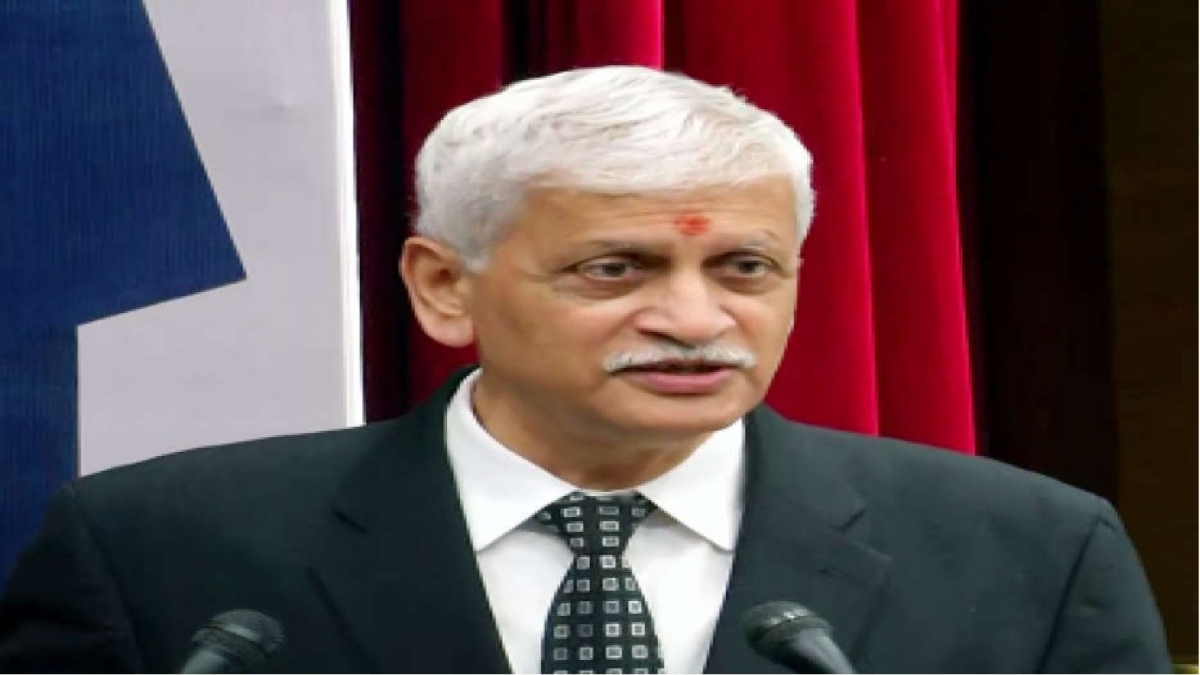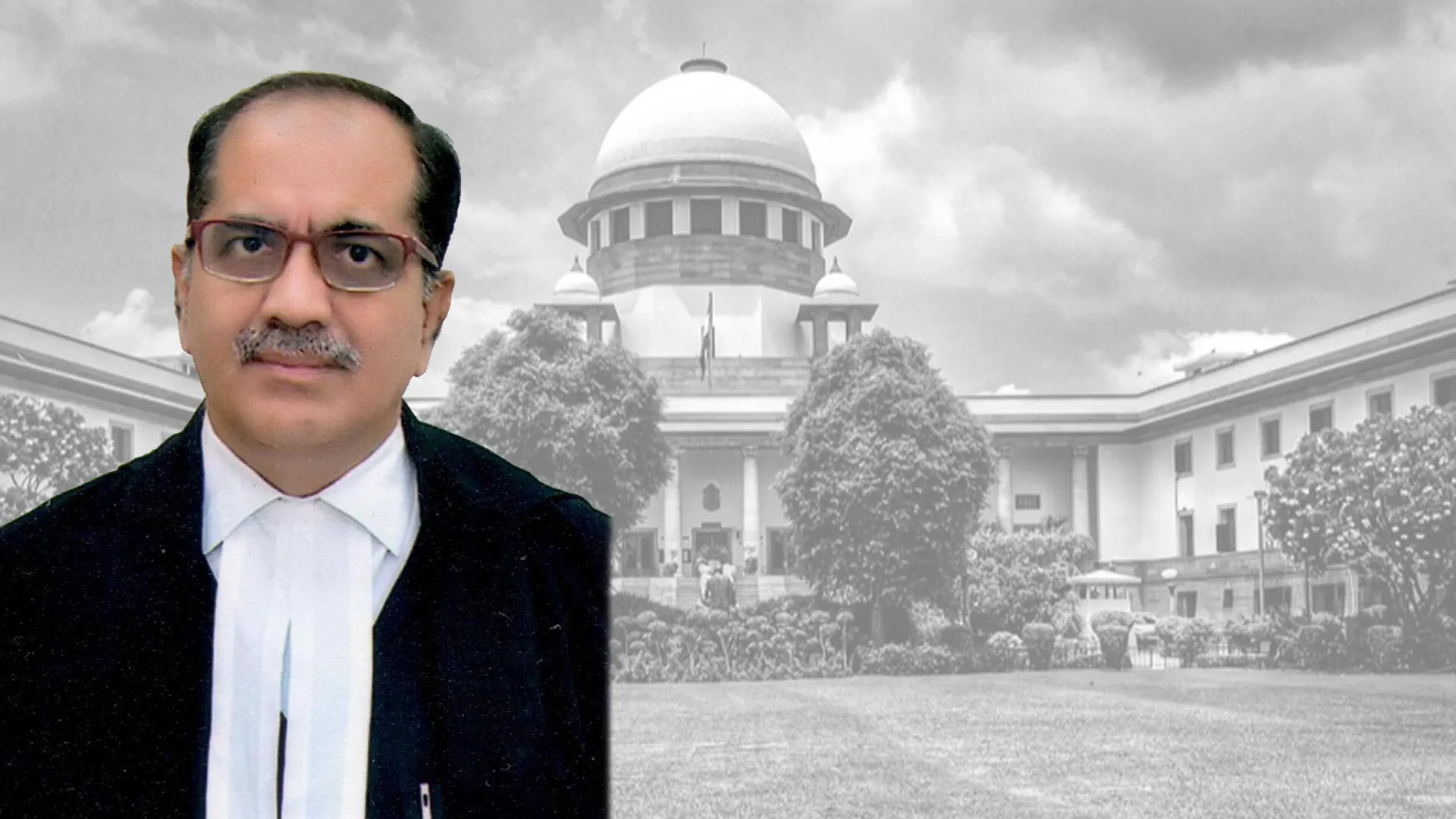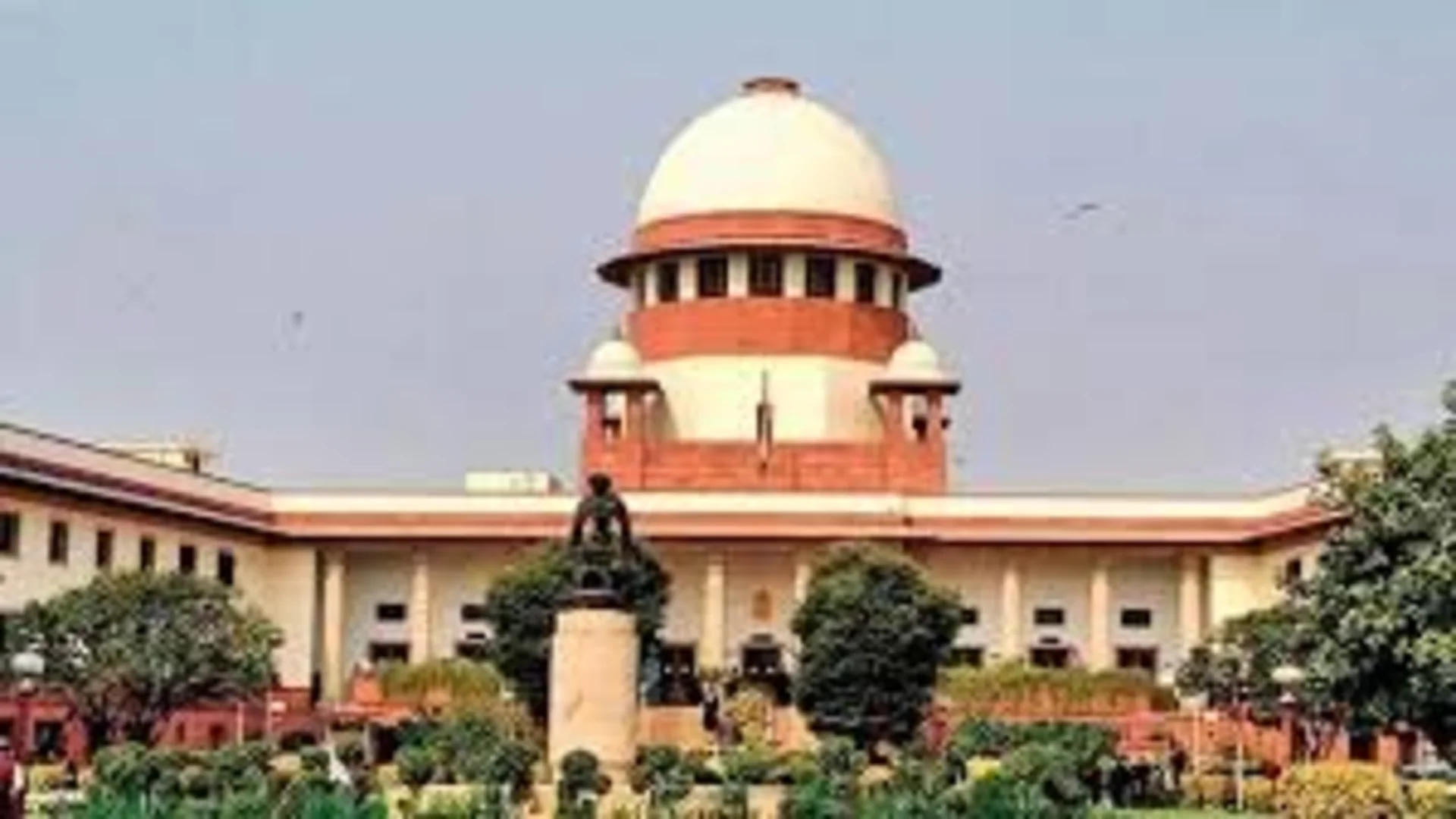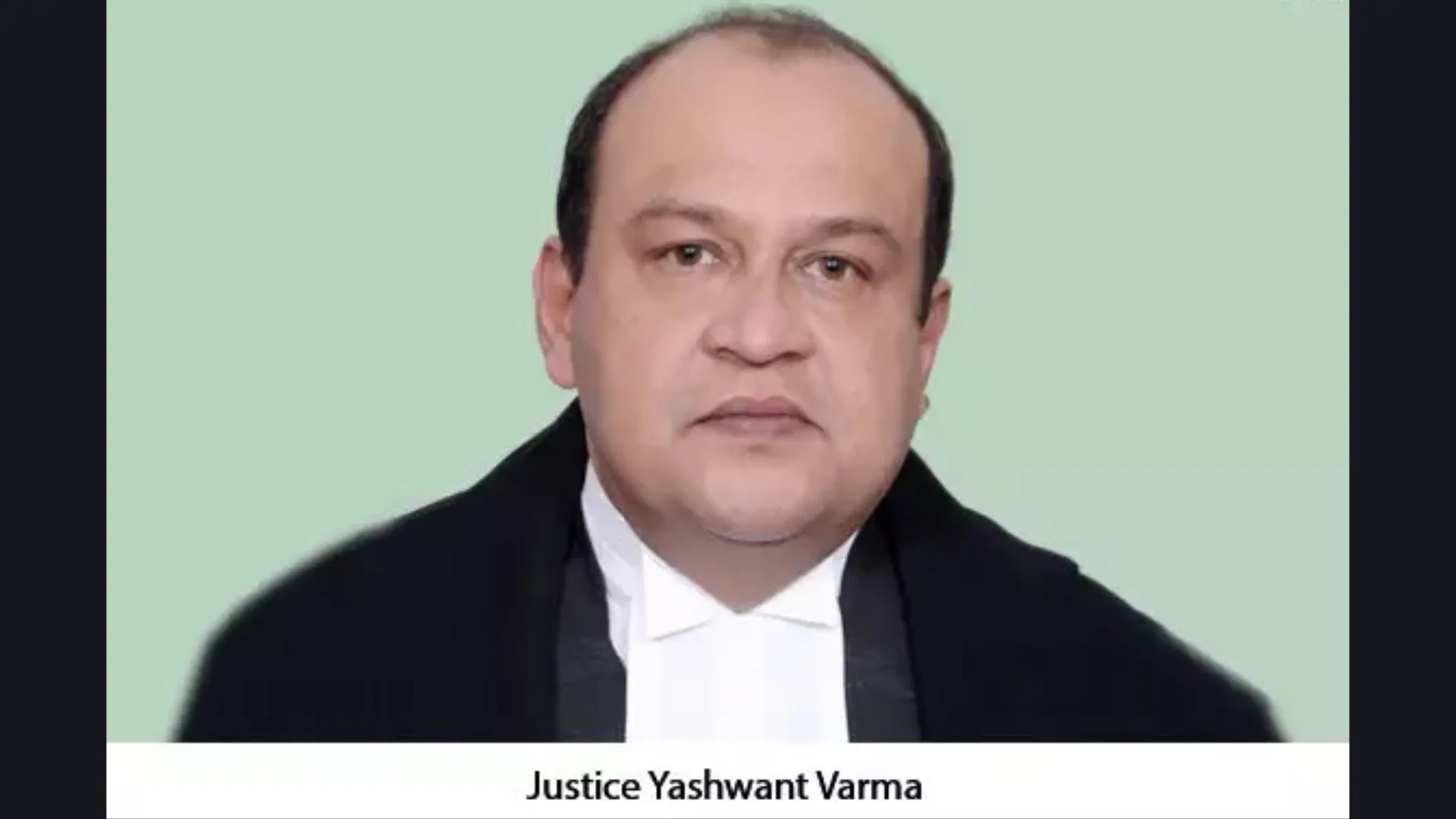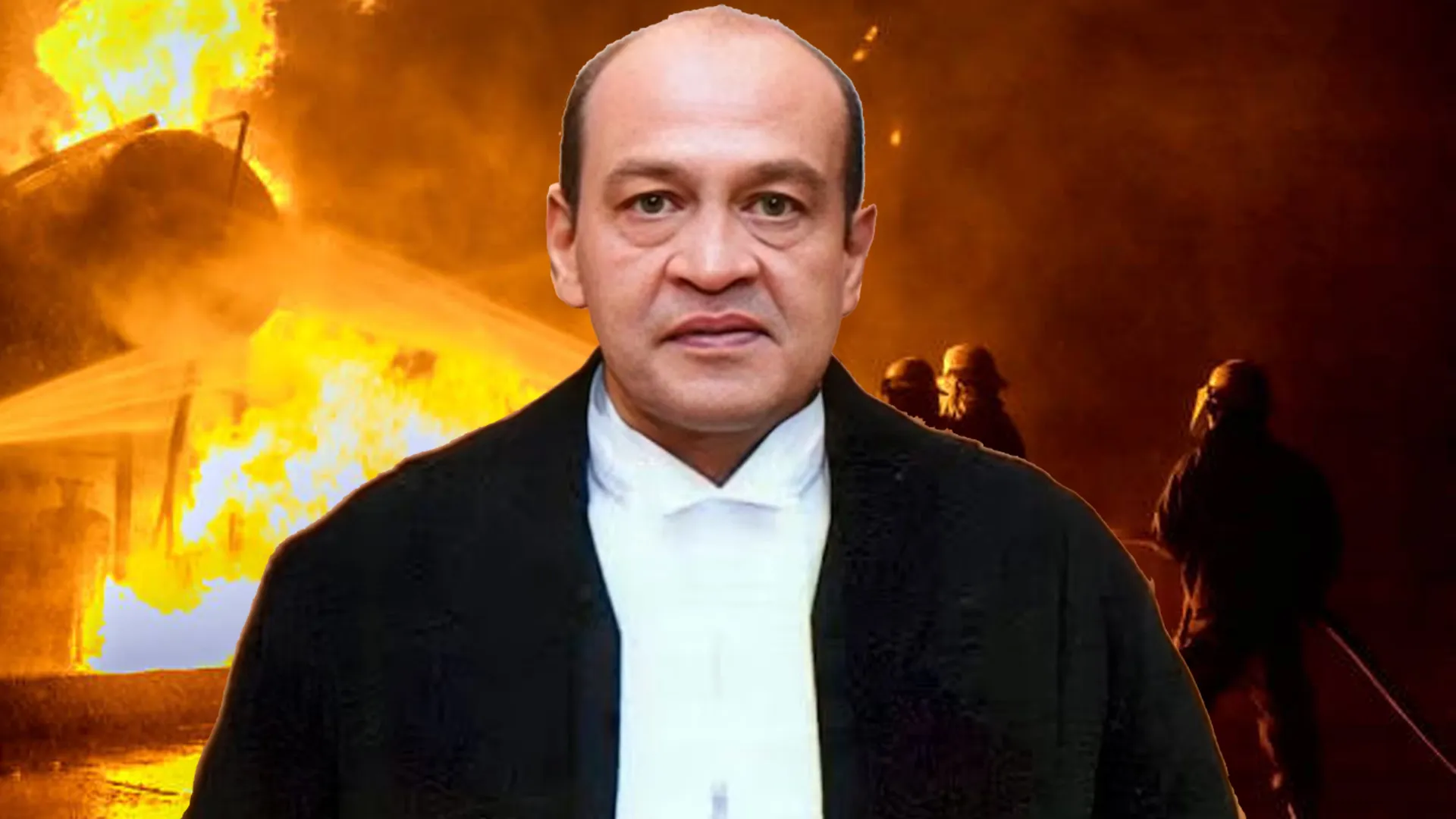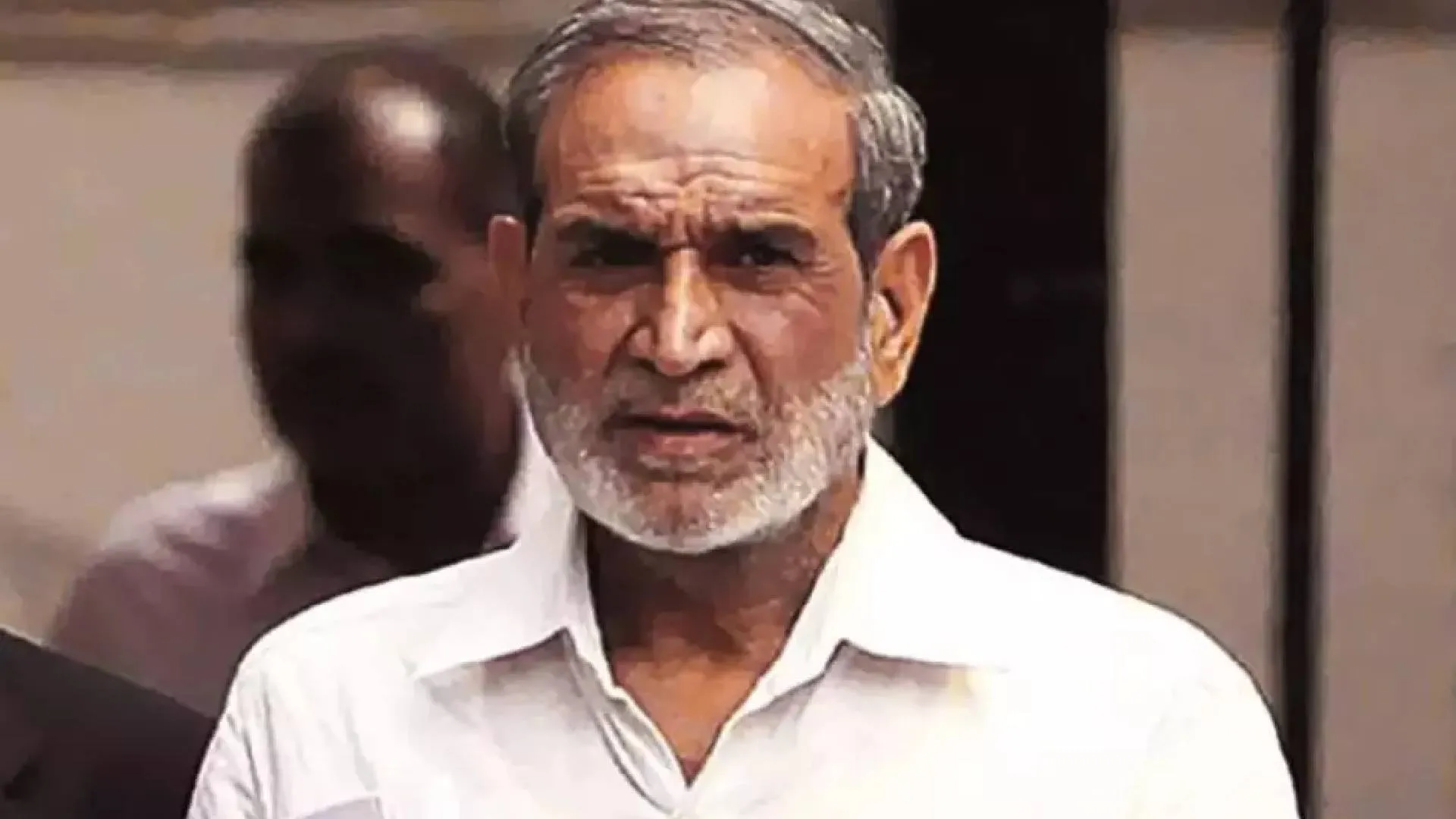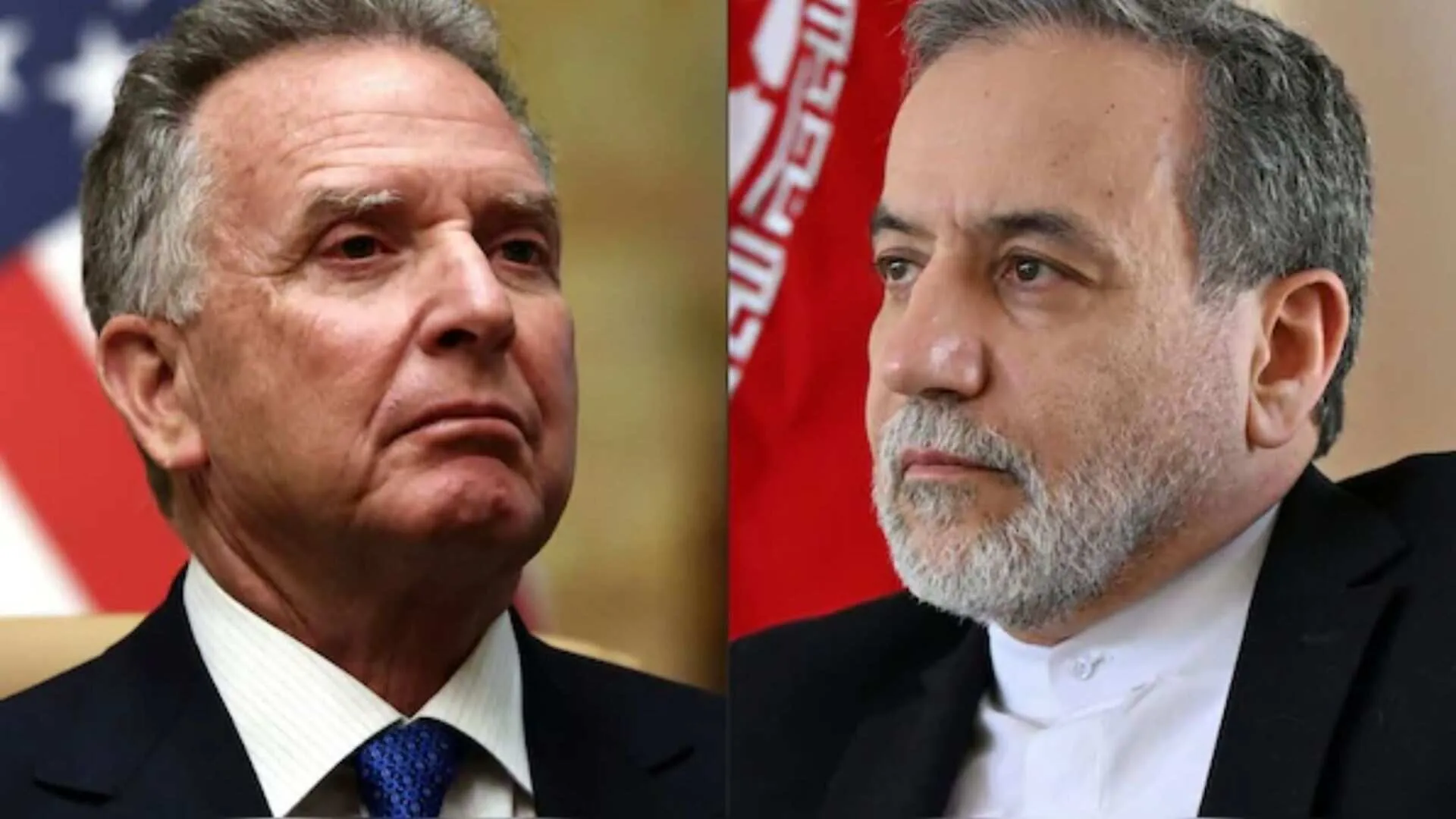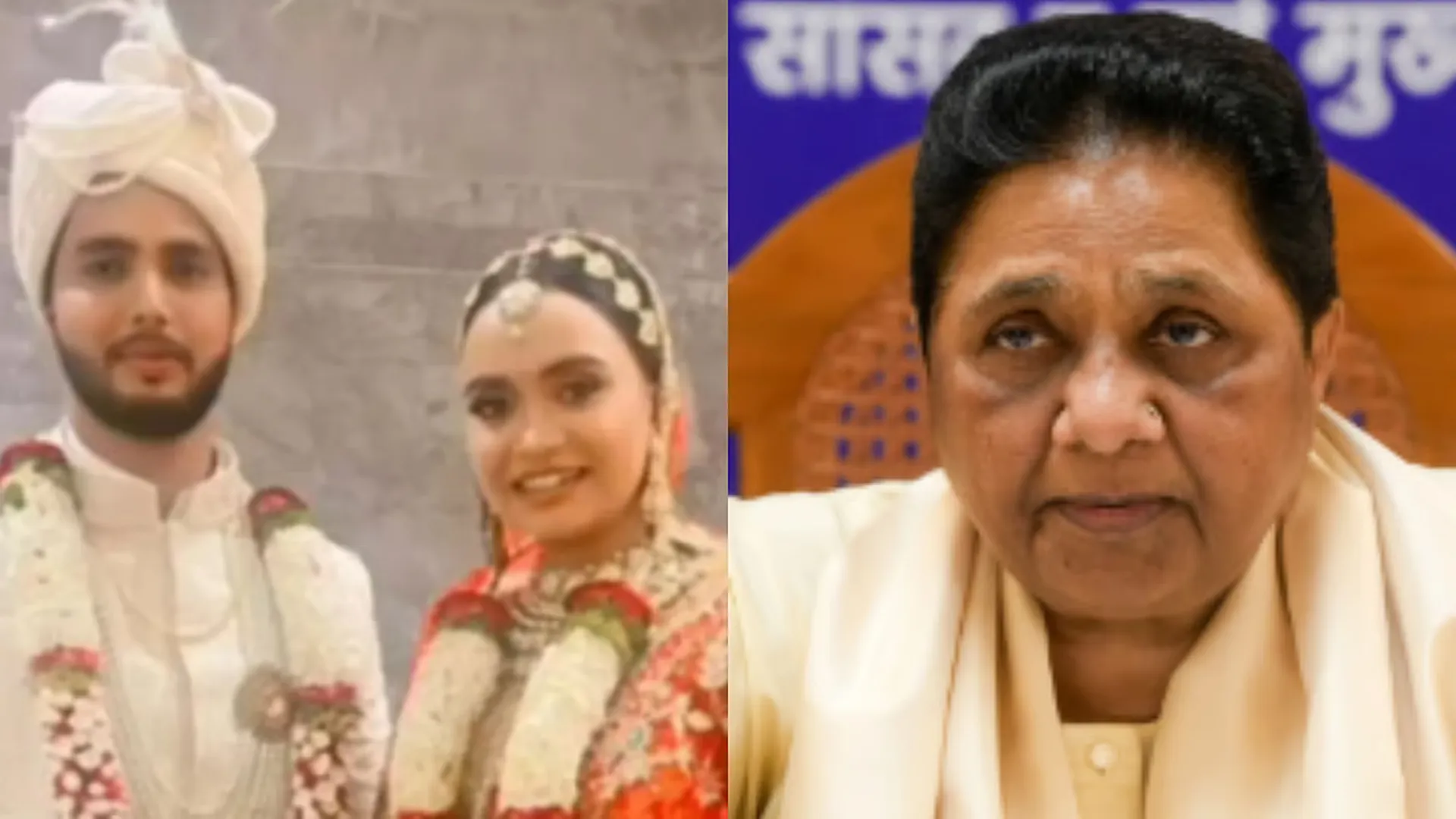In an effort to resolve pendency of cases in the Supreme Court, Chief Justice of India Uday Umesh Lalit issued orders on Wednesday asking that 300 of the oldest cases from October be listed for hearing.
The oldest such pending case dates back to 1979, and over 20 cases are from the period of 1990 to 2000.
The notification released by the Registry of the Supreme Court on Wednesday said, “Take notice that 300 oldest after notice matters of which list is appended below are likely to be listed before the courts on non miscellaneous days beginning Tuesday, October 11, 2022.”
The cases that will be listed also include a PIL that was filed in 1985 by lawyer and environmental activist MC Mehta and kept languishing in the Supreme Court’s records for almost 37 years. Most of the cases have either lost their significance as a result of the passage of time or because the immediate issue they attempted to address in their petitions was resolved long ago. However, these petitions persisted in the SC docket, increasing the Supreme Court’s statistics on cases still pending.
As of September 1, the Supreme Court has 70,310 cases outstanding, according to information posted on the court’s website.
The Chief Justice of India’s most recent ruling is a continuation of his efforts to clear out old cases and Constitution bench cases from the court system. Every Tuesday, Wednesday, and Thursday since becoming CJI on August 27, Justice Lalit has scheduled normal issues, which are older cases that have been lingering for more than ten years, in the morning session while the second half of the day is reserved for hearing of new matters.
To handle the majority of the 493 Constitution Bench cases (including connected cases) in the top court, CJI Lalit also formed five separate Constitution Benches, each with five judges. Of these, 343 are five-judge bench matters, 15 are seven-judge bench matters, and 135 are nine-judge bench matters.

